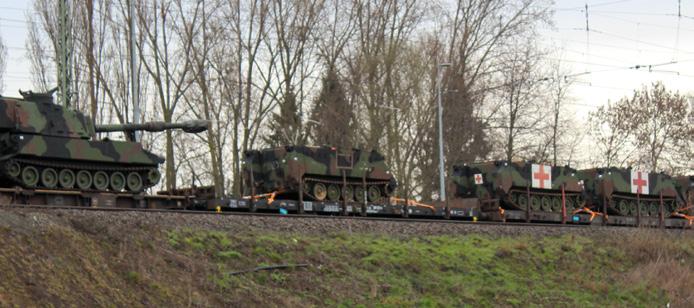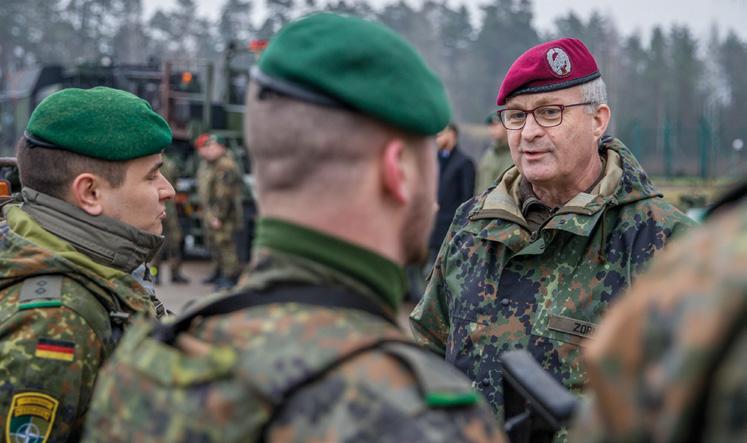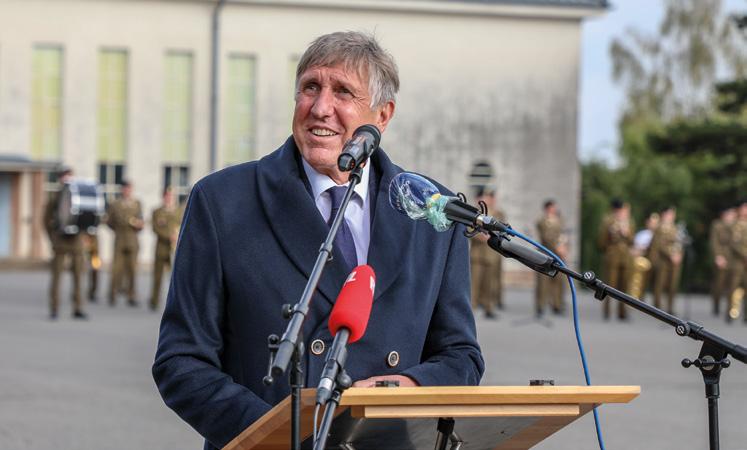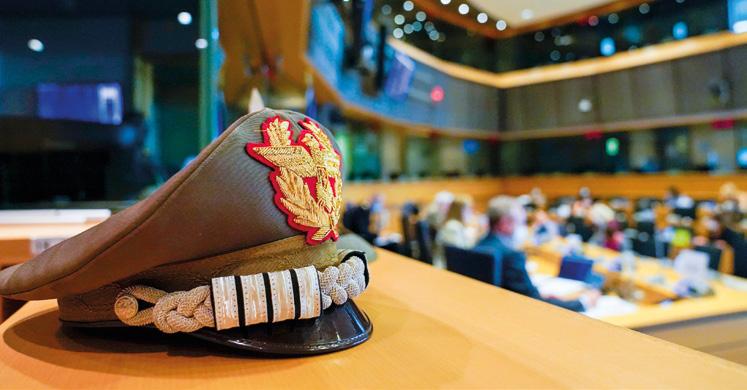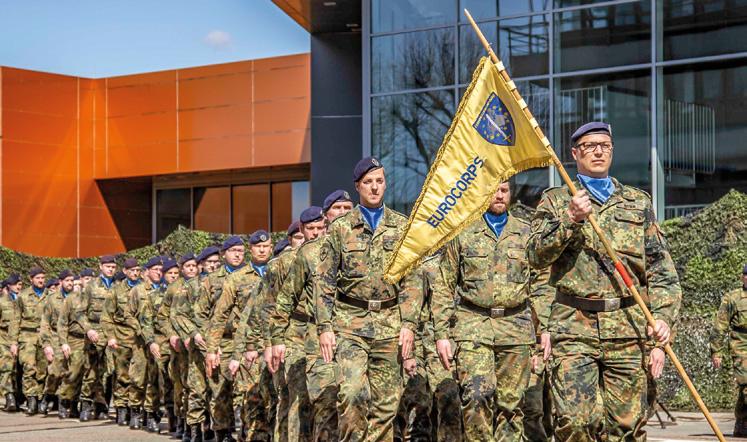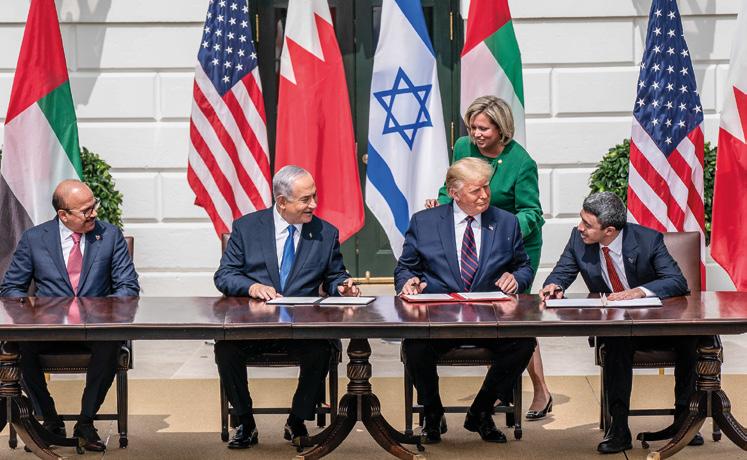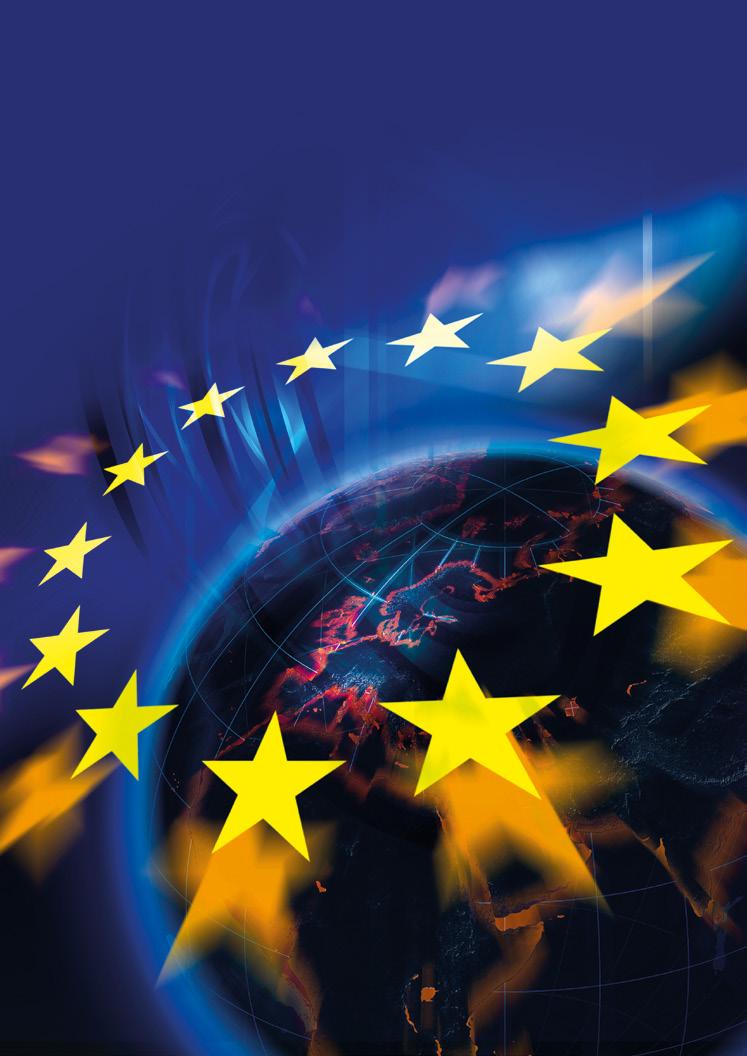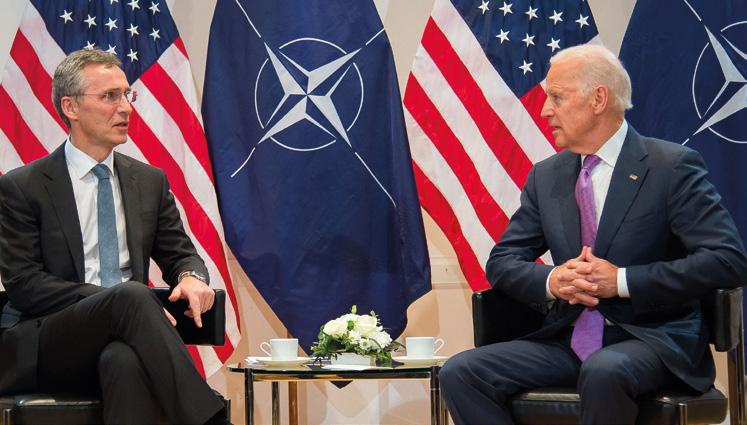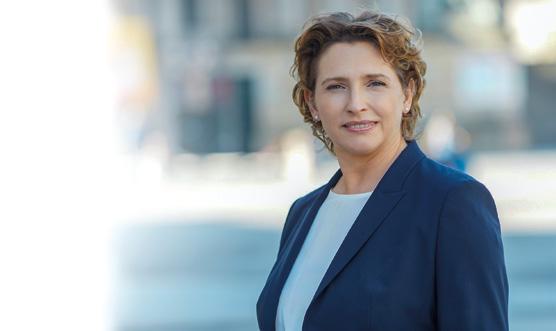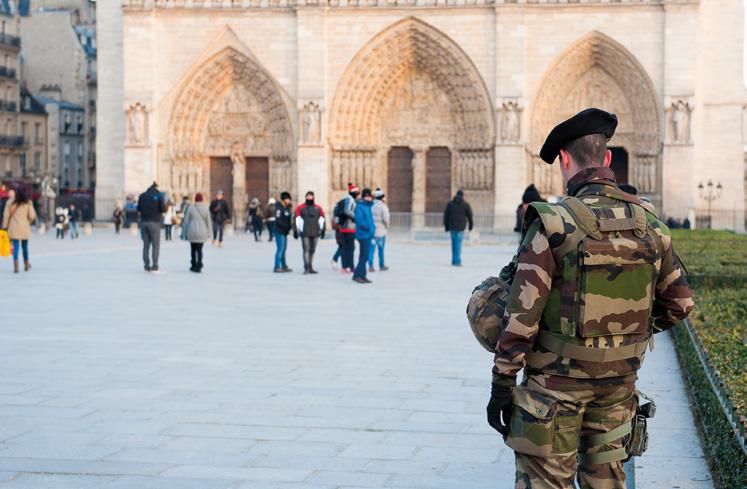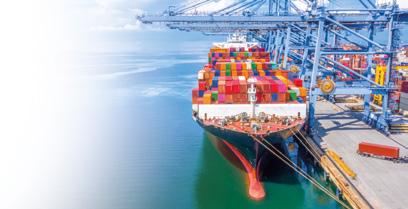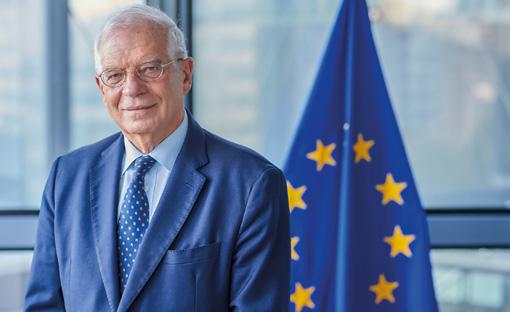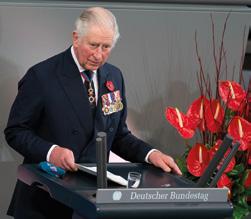THE EUROPEAN – SECURITY AND DEFENCE UNION
In the Spotlight
+++ EU Presidency +++
A critical view from the European Parliament
Is the German presidency succeeding to consolidate the Union and reinforce the European institutions? by Nicola Beer MEP, Vice-President of the European Parliament, Strasbourg/Brussels
B
ig plans lie ahead. They set the EU’s direction for the next six months. As a German pacemaker on the European stage, they create a stronger, united Europe. The German Council presidency started with great expectations to fulfil its six-month mandate. The pandemic made this a historic challenge and Germany missed the chance to give the EU a kickstart for the development of a broader and strong vision of Europe’s future.
Covid-19 overshadows the agenda
The danger of erosion is alarming, but the base problem occurred before: the lack of a common vision for the future and for the reforms of EU institutions, its competences and working procedures. For years, the EU has lacked a coherent common policy for asylum and migration including an effective protection of EU borders. The EU Commission presented a new proposal for asylum and border protection. Unfortunately, the budget the presidency proposed for the framework of the next seven years cuts Frontex’s money to do so. Typical for the presidency: contradictory, without political ambition and vision.
Politics gained a completely different dimension. The need to make decisions of enormous importance within a truly short time and on the basis of limited data became one of the most Solidarity – towards a debt union? challenging political stunts for decision makers and hence for The EU reached an agreement to quickly support the prothe German presidency. Agreed. grammes for short-time working, for health systems and Taking stock, we should consider the coronavirus. Anything credits for Member States, as well investments of the Euroelse would be dishonest. However, presidential political pean Investment Bank to save societies and economies from work is not to be assessed exclusively under the pandemic collapse and even, under the German presidency, a € 750bn angle. The EU had a lot on its plate: aid package in order to manage adopting the EU budget with success; recovery after the crisis. Rightly so. anchoring the recovery plan in the One should call it a success that multiannual financial framework; EU Member States succeeded in Nicola Beer MEP finding a way to common migration setting up this historic aid prois a member and a vice-president of the European politics; providing the conference for gramme, but it has not been withParliament. She is also the federal vice-chair of the future of Europe with an ambiout new lines of conflict: the south the Free Democrats (FDP). From 2017 to 2019 tious mandate. of Europe celebrated Germany for she was a member of the German Bundestag According to that benchmark, Europe having “finally” given up resistance and from 2013 to 2019 she was general secreshould have become more resilient, to common debt, while some EU tary of her party. Prior to that, Nicola Beer was more capable of action, upgraded in states from the north were stigmaa member of the Hesse Landtag. From 2012 to terms of foreign policy, economically tised as the so called “frugal four”. 2014, she was minister of education and the arts outstanding, setting the ground for a Beyond this, an essential debate in Hesse and from 2009 to 2012 state secretary Europe of innovators. came up: to take on common debt for European affairs in the Hesse ministry of The pandemic has plunged Europe or not. justice, integration and European affairs. into one of the greatest existential Let us be frank: the coronavirus crises since the end of World War II. aids are supposed to be measures
10


